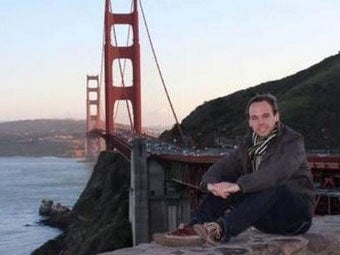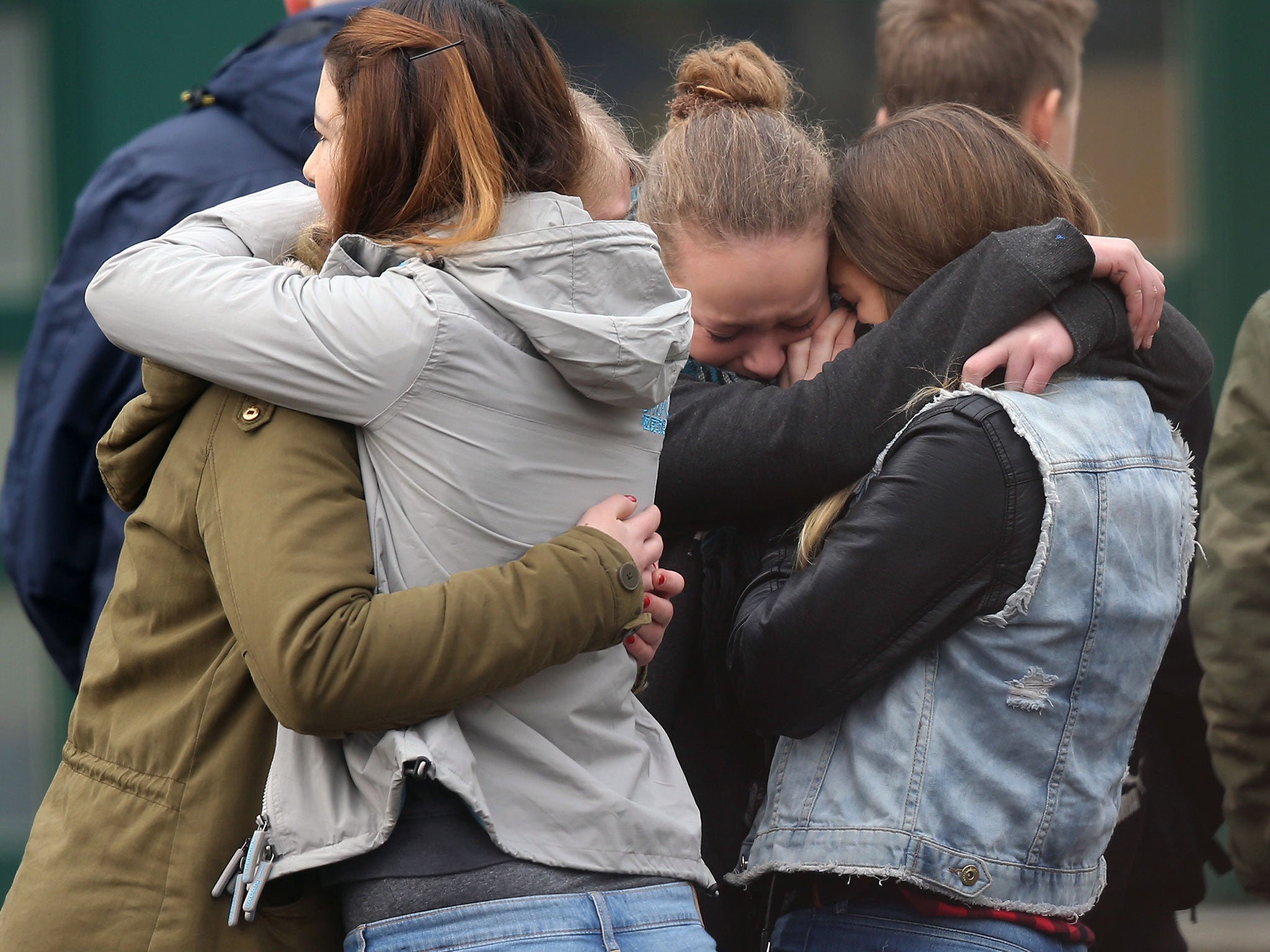Andreas Lubitz: Co-pilot of Germanwings flight 9525 'wanted to destroy plane in suicide and mass murder mission'
The 28-year-old joined Germanwings last year

Your support helps us to tell the story
From reproductive rights to climate change to Big Tech, The Independent is on the ground when the story is developing. Whether it's investigating the financials of Elon Musk's pro-Trump PAC or producing our latest documentary, 'The A Word', which shines a light on the American women fighting for reproductive rights, we know how important it is to parse out the facts from the messaging.
At such a critical moment in US history, we need reporters on the ground. Your donation allows us to keep sending journalists to speak to both sides of the story.
The Independent is trusted by Americans across the entire political spectrum. And unlike many other quality news outlets, we choose not to lock Americans out of our reporting and analysis with paywalls. We believe quality journalism should be available to everyone, paid for by those who can afford it.
Your support makes all the difference.Suicide and mass murder by the co-pilot: that explains the deaths of 150 people aboard Germanwings flight 9525 from Barcelona to Dusseldorf.
The co-pilot was named as 28-year-old Andreas Lubitz, who had joined Germanwings last year.
Brice Robin, the Marseille public prosecutor, told a press conference that the first officer had locked the captain out of the cockpit and set the controls of the Airbus A320 for a rapid descent and the eventual crash into the French Alps.
Immediately beforehand, conversation between the two pilots was normal, said Mr Robin. He revealed chilling evidence from the cockpit voice recorder about what the co-pilot did next: “He voluntarily allowed the aircraft to lose altitude. He had no reason to do this. He had no reason to stop the captain coming back into the cockpit.”
The prosecutor said the co-pilot was breathing normally throughout the eight-minute descent. But he neither spoke nor responded in any way to alarms within the aircraft and from the ground. He outlined the sequence of events from the moment the captain asked the co-pilot to take over while he went to the toilet.
“We hear several cries of the pilot asking for access through the intercom system. But there’s no answer from the co-pilot.”
Until the events of 11 September 2001, most passenger aircraft had a flimsy door between the cockpit and the cabin. The 9/11 terrorists, armed with blades that they had taken through security, were able easily to access the flight deck and kill the pilots to take control.
After the terrorist attacks, airlines began to install reinforced doors, designed to be intruder-proof and bullet-proof. A key-code system is designed to allow cabin crew to gain entry in the event that the pilots are incapacitated. But an override switch - effectively a deadlock - can be engaged on the flight deck. When activated, the door cannot be opened from the outside for a pre-set length of time between five and 20 minutes.
Germanwings: 'too early' to consider changing safety procedures
Specialists will begin harrowing process of identifying victims
He outlined the steps taken to try to communicate with the doomed plane:
“The tower asks them to do a distress signal but still there is no response. The control tower then asks other aeroplanes to try to contact this Airbus. No answer is forthcoming. There are alarm systems that indicate proximity to the ground.”

“We hear noises of someone trying to break into the cockpit. Just before the final impact we hear the sound of a first impact.”
Mr Robin ruled out terrorism as a possible motive, saying “At this stage nothing indicates a terrorist attack.”
Carsten Spohr, chief executive of Germanwings’ parent company, Lufthansa, said at a press conference that his airline would not change its procedures immediately as a result of the disaster.
He said that Lufthansa and its Germanwings did not have a policy of keeping two people on the flight deck at all times, typically by deploying a member of cabin crew to occupy a jump seat.
“Worldwide there are very few airlines that apply those procedures,” he said. “I don’t see any need to change our arrangements.
“This is the most terrible event of our company.
“We have to start from the assumption that the plane crashed intentionally.
“We are so proud of our selection procedure and our safety culture, that this is even more of a shock.
“What has happened here is a tragic individual case.”
Mr Spohr added: “We will support the families in any conceivable way.”
Join our commenting forum
Join thought-provoking conversations, follow other Independent readers and see their replies
Comments